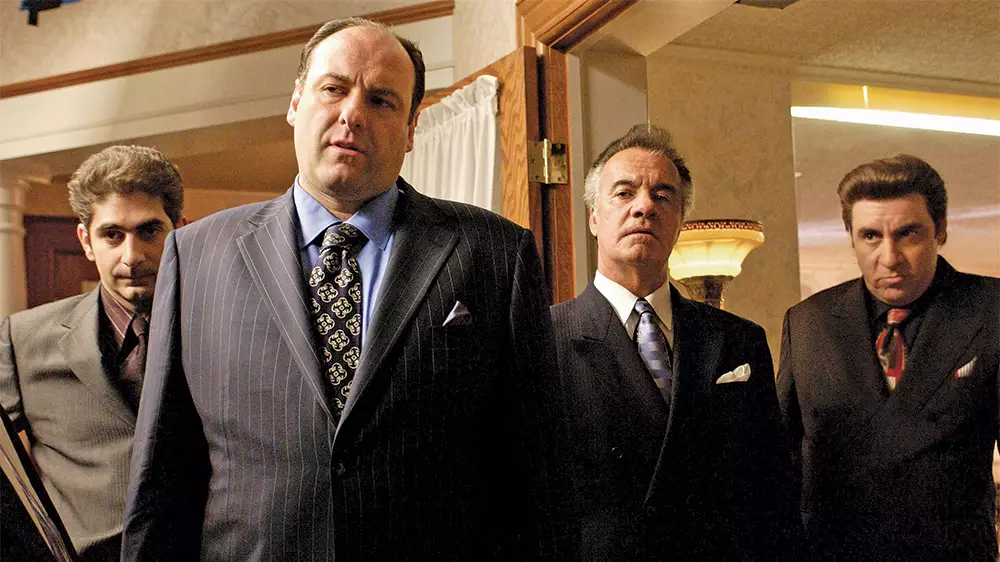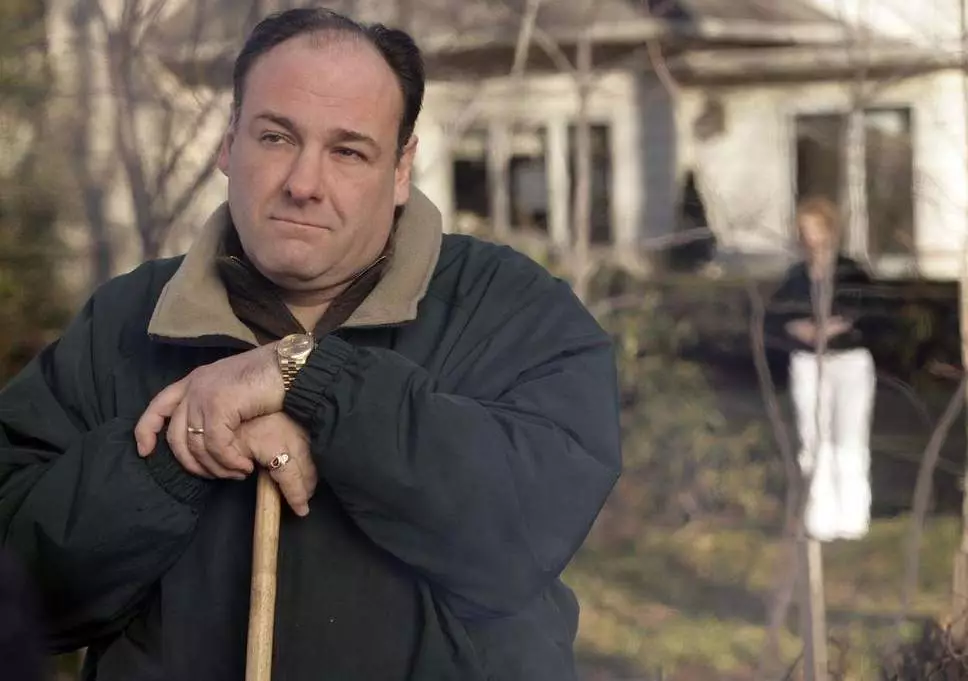
Widely regarded as one of the best TV shows to ever grace screens, The Sopranos launched into our lives on 10 January 1999 - running for a total of six seasons until concluding in 2007 after 86 episodes.
When it launched in the late 90s, it became an instant hit, with The New York Times saying at the time that it 'just may be the greatest work of American popular culture of the last quarter century'. Bold - but perhaps deserved.
Advert
But it somehow continues to resonate with so many to this day, remaining a genuine cult favourite 20 years after premiering.
While you catch many people gushing on social media about 'finally watching the Sopranos' thanks to streaming sites or late-night reruns on TV, others use places like Twitter and Reddit to discuss just what it was that keeps the show so relevant. Turns out there's quite a lot to it.
For starters, our melancholic and problematic lead character, Tony Soprano (played by the late James Gandolfini), arguably helped pave the way for the anti-hero figure - one that we've since seen crop up countless times in entertainment through roles like Breaking Bad's Walter White or Mad Men protagonist Don Draper.

One person tweeted: "Tony Soprano arguably the greatest TV drama anti hero. What a character."
Advert
Another agreed: "Tony Soprano is the greatest character in television history. The ultimate anti-hero."
A third added: "He portrayed the defining anti hero of this or indeed any generation in Tony Soprano."
While someone else commented: "As the iconic Tony Soprano, James Gandolfini paved the way for so many TV anti-heroes (Walter White, Dexter, Nick Brody, Don Draper)."
Not only that, the character also broke new ground in talking about mental health - with one Twitter user even referring to Tony Soprano as a 'mental health awareness icon'.
In season one, we meet Tony on the brink of a mid-life crisis, begrudgingly opening up to therapist Dr Melfi about family life, his troubled childhood and, even more tentatively, his life of crime.
Advert
Over the course of the show, Soprano discusses many of his inner secrets as he tries to come to grips with the fact that despite his power, at times, he is powerless to control his own mind.
He keeps his psychotherapy sessions secret from those around him, especially the men. There's a shame attached to it - a shame that's only really recently been addressed by society and the media, but is thankfully now being challenged.
The show's creator, David Chase, has also spoken out about what The Sopranos did that TV hadn't done before.
Advert
Speaking to the Independent, he explained: "I think The Sopranos showed humans more as humans than what had come before it. I mean, on network television those are human beings, certainly. But I think more people could feel like 'Tony Soprano is more like me than a doctor, or a cop, or a judge'.
Chase also said he felt the 'use of a deeply flawed hero and his problems' is an influence he now sees elsewhere when he watches television, showing how The Sopranos continues to move us decades after it premiered.
Featured Image Credit: HBO
Topics: Entertainment, TV and Film